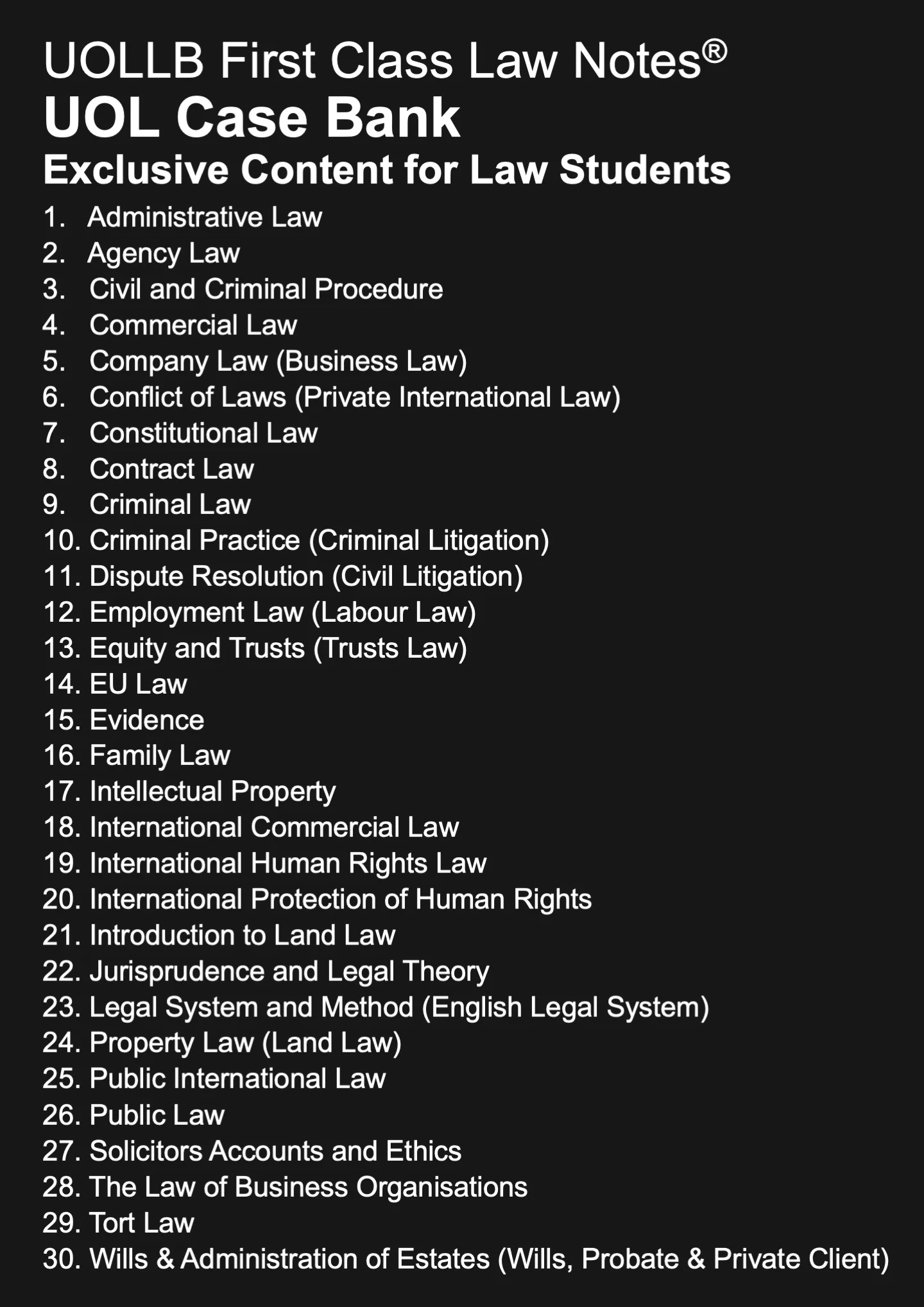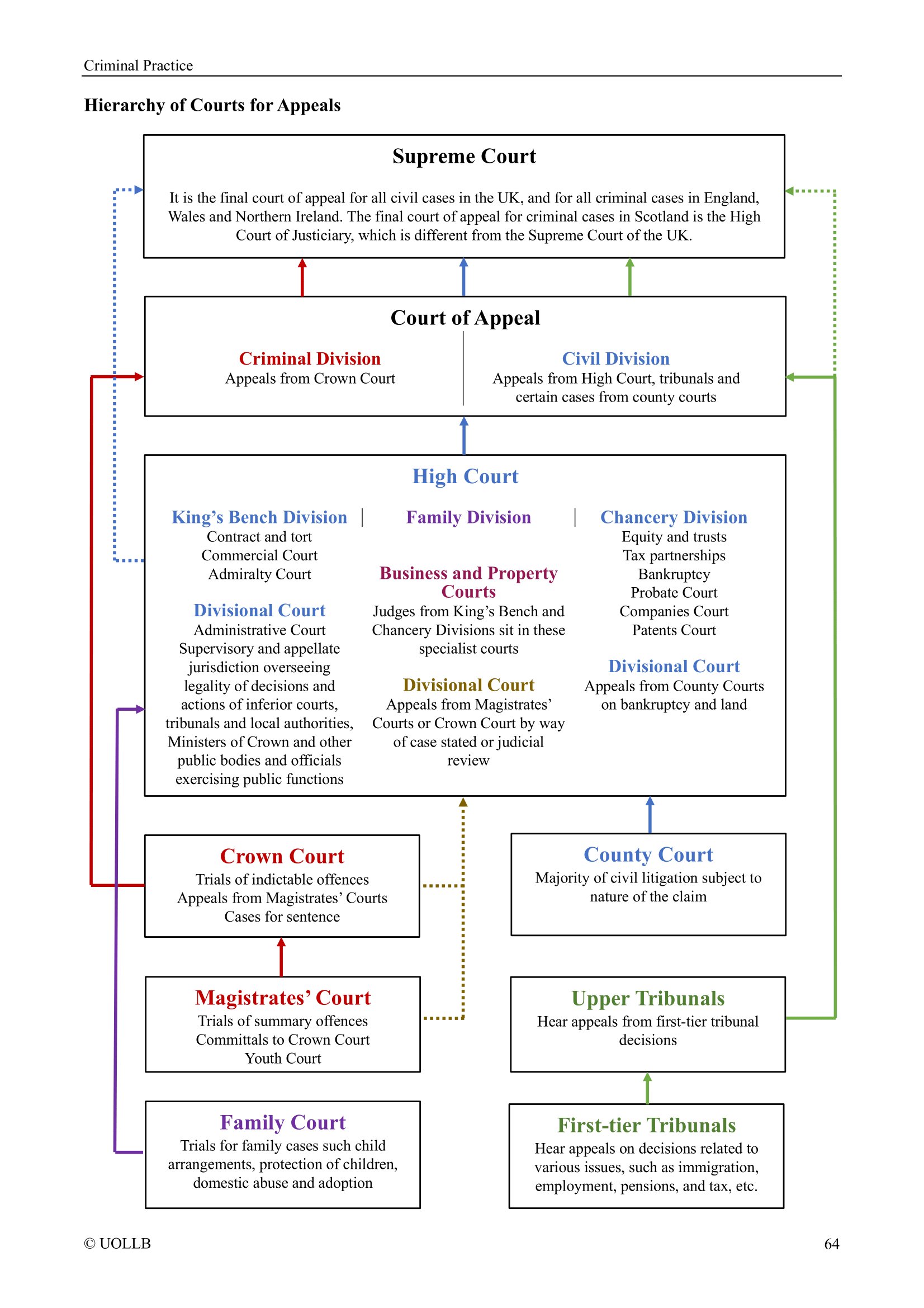Harvela v Royal Trust of Canada [1986]
Share
Harvela Investments Ltd v Royal Trust of Canada (CI) Ltd [1986] 1 AC 207 was a landmark legal case that dealt with the validity of referential bids in the context of competitive tenders. The case revolved around the Royal Trust Company, which sought to sell its shares and invited bids from potential buyers.
Harvela Investments Ltd submitted a fixed bid of $2,175,000, while Sir Leonard Outerbridge presented a unique bid of $2,100,000 or $101,000 in excess of any other offer expressed as a fixed monetary amount, whichever is higher. The Royal Trust accepted Sir Leonard's bid, valuing it at $2,276,000. In response, Harvela sued, alleging a breach of contract and contending that referential bids, such as Sir Leonard's, should be considered invalid.
The Court of Appeal initially ruled in favour of the Royal Trust, asserting that the inclusion of a fixed amount in Sir Leonard's bid rendered it valid. However, the House of Lords unanimously overturned this decision, providing a thorough analysis of the legal principles involved.
The House of Lords, led by Lord Templeman, emphasised the historical precedent set by the case of South Hetton Coal Co v Haswell, Shotton and Easington Coal and Coke Co [1898] 1 Ch 465. In South Hetton, a referential bid was deemed invalid, and Lord Templeman argued that this decision had stood unchallenged for over 80 years, forming a binding precedent. The court rejected the argument that Sir Leonard's unsuccessful fixed bid of $2,100,000 somehow transformed his subsequent referential bid into a valid offer.
Lord Templeman highlighted the fundamental nature of sealed competitive bidding, stating that it relies on the submission of independent, self-contained bids. Allowing referential bids, tied to the offers of other bidders, would undermine the integrity of the bidding process. The court firmly held that a bid dependent on the amounts offered by other bidders is inconsistent with effective sealed competitive bidding and, therefore, unacceptable.
Lord Diplock concurred, stating that the vendors' obligations were subject to conditions that could only be fulfilled by a self-contained offer expressed as a fixed sum of money, without reference to other bidders. Lord Bridge added that the quantification of referential bids could only be ascertained after the bidding deadline, further emphasising their impracticality in the context of competitive tenders.
In conclusion, Harvela Investments Ltd v Royal Trust of Canada (CI) Ltd [1986] 1 AC 207 established the precedent that referential bids in competitive tenders are invalid, ensuring the fair and independent nature of sealed competitive bidding processes. The decision reaffirmed the importance of maintaining the integrity of bidding practices in the marketplace.
Harvela Investments Ltd submitted a fixed bid of $2,175,000, while Sir Leonard Outerbridge presented a unique bid of $2,100,000 or $101,000 in excess of any other offer expressed as a fixed monetary amount, whichever is higher. The Royal Trust accepted Sir Leonard's bid, valuing it at $2,276,000. In response, Harvela sued, alleging a breach of contract and contending that referential bids, such as Sir Leonard's, should be considered invalid.
The Court of Appeal initially ruled in favour of the Royal Trust, asserting that the inclusion of a fixed amount in Sir Leonard's bid rendered it valid. However, the House of Lords unanimously overturned this decision, providing a thorough analysis of the legal principles involved.
The House of Lords, led by Lord Templeman, emphasised the historical precedent set by the case of South Hetton Coal Co v Haswell, Shotton and Easington Coal and Coke Co [1898] 1 Ch 465. In South Hetton, a referential bid was deemed invalid, and Lord Templeman argued that this decision had stood unchallenged for over 80 years, forming a binding precedent. The court rejected the argument that Sir Leonard's unsuccessful fixed bid of $2,100,000 somehow transformed his subsequent referential bid into a valid offer.
Lord Templeman highlighted the fundamental nature of sealed competitive bidding, stating that it relies on the submission of independent, self-contained bids. Allowing referential bids, tied to the offers of other bidders, would undermine the integrity of the bidding process. The court firmly held that a bid dependent on the amounts offered by other bidders is inconsistent with effective sealed competitive bidding and, therefore, unacceptable.
Lord Diplock concurred, stating that the vendors' obligations were subject to conditions that could only be fulfilled by a self-contained offer expressed as a fixed sum of money, without reference to other bidders. Lord Bridge added that the quantification of referential bids could only be ascertained after the bidding deadline, further emphasising their impracticality in the context of competitive tenders.
In conclusion, Harvela Investments Ltd v Royal Trust of Canada (CI) Ltd [1986] 1 AC 207 established the precedent that referential bids in competitive tenders are invalid, ensuring the fair and independent nature of sealed competitive bidding processes. The decision reaffirmed the importance of maintaining the integrity of bidding practices in the marketplace.























































